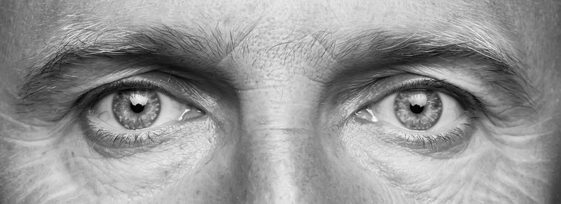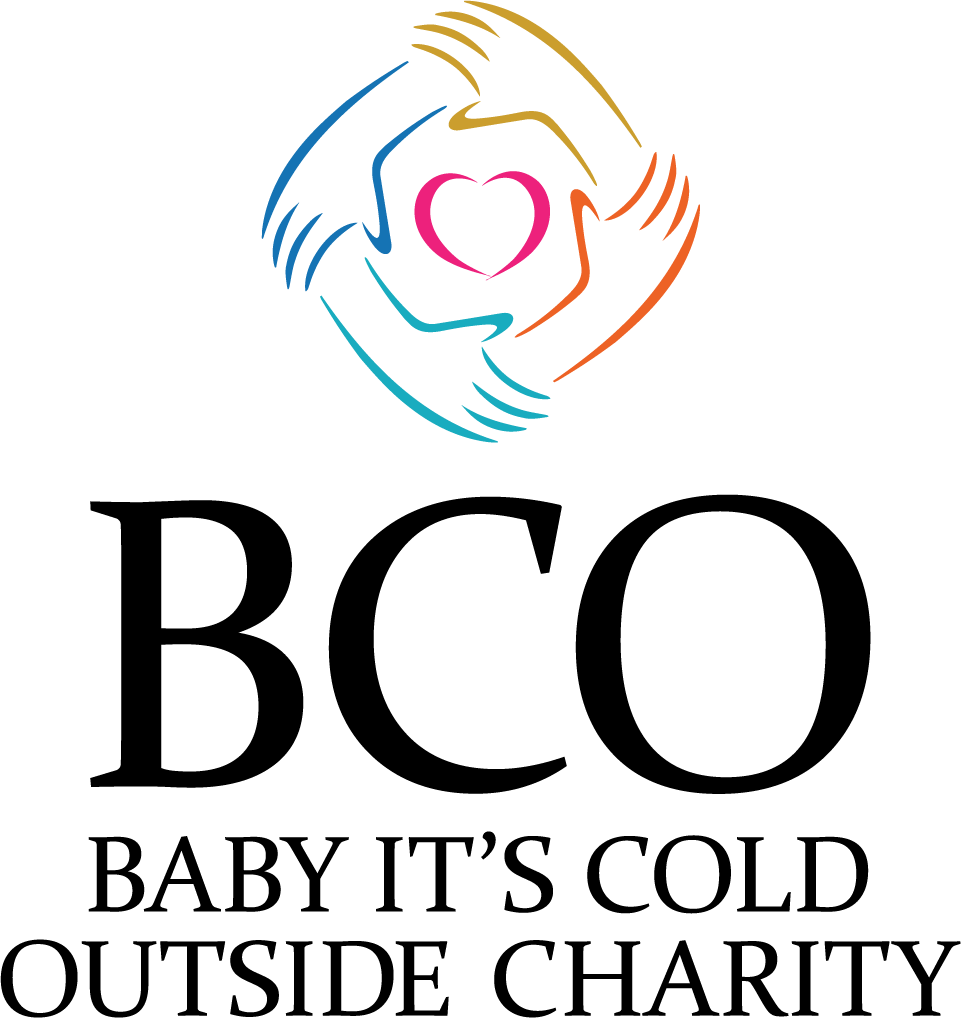|
When we envision a homeless person, we tend to have a specific image in mind of what that person looks like, what they do or don’t do, who they are. We revert almost automatically to the simple stereotypes that we are so familiar with. We think things like: unclean, dirty, drunk or high, unemployed and looking for handouts. They sleep on the streets, probably under bridges and on park benches, and some of them might go to shelters. They might be violent, dangerous even. If you give them a handout, they will just go spend it on alcohol or drugs. What we often fail to acknowledge during this thought process is the person. We can get so caught up in stereotypes, that we forget that we are even capable of looking beyond them. Stereotypes are a powerful kind of delusion (one that we all, without exception, hold in some form or another about people, places, ideas, or things—stereotypes are so insidious that we rarely even realize that we have them), and like most delusions, they are comforting. It’s easy to believe what we’ve always believed, it’s easier not to question or look deeper, and it doesn’t jeopardize our fragile worldviews when we ignore the possibility that our beliefs may be wrong.
It only takes seeing one drunk homeless person on the street to reconfirm years and years of that conditioned, stereotyped thinking, but it takes hundreds of the opposite to convince us to change our minds—anything that contradicts our stereotypical beliefs gets slotted neatly into the “exception to the rule” category in our mind, it’s an anomaly, it’s not the norm, so we can ignore the information and keep our beliefs intact. This is known as confirmation bias. We see what we want to see and we ignore what we don’t. We only seek out information that confirms our beliefs, and avoid at any cost information that disconfirms it. And should some “anomaly” hit our radar, that’s all it is: an anomaly, an exception, nothing to worry about. By doing this, we never have to confront the possibility that our beliefs may not be accurate—our stereotype remains safely intact. We never have to see the nuances, the grey in the world. We never have to look at a “homeless person” and actually see the person. Because that hurts, that’s uncomfortable, it makes us feel unsafe, and it’s only natural for us to want to close our eyes and pretend so that the hurt goes away and the world is a safe place where only bad people have bad things happen to them, and good people are always safe from the evils of the world. This is what’s known as Just World theory, and it’s worth looking into in greater depth. The idea is that we have these stereotypes as mental shortcuts so we don’t have to think too hard to incorporate new information into our brains. The downside of this otherwise useful evolutionary mechanism is that we stereotype people and believe things about them whether or not those things are true—that’s where confirmation bias comes in, our refusal to see what we don’t want to see and to always see exactly what we do want to see keeps those stereotypes strong. And the whole purpose of having these stereotypes to begin with becomes to maintain a particular worldview—of a Just World, where if we are good people we don’t have to be afraid, and if bad things happen to other people then, well, they must have been bad (otherwise, it could happen to us, and that fear is too much to live with for a lot of people—this is the exact mentality that leads to victim blaming, and it is a mentality rooted in fear). But we aren’t just the psychological mechanisms that guide us. We are thoughtful human beings capable of empathy and of looking beyond our stereotypes, opening our eyes to the realities of the world and bravely not turning away from them. When it comes to homelessness and the stereotypes we hold, it's sad and somewhat pathetic that we don't really want to talk about it or think about it because, well, it's not us! And as long as we don’t look any closer, we can keep believing that it could never be us. So here’s the reality check... Yes, there are those individuals who do fall into that stereotypical role. However, take a walk with me and let me introduce you to a few homeless individuals that you may know. Let's start with your workplace, where you spend the majority of your time… You know the receptionist at your office? She sleeps in her car. Goes to a public washroom to get ready for her day. She lost her apartment when she got out of an abusive relationship (everyone was always telling her, “Why don’t you just leave him?” so that’s what she did) and she couldn't afford the rent any longer, so now she parks her car around the corner so no one from the office will see her living in her vehicle and she walks to the front door like everything’s fine. Now, she is just trying to get back on her feet. No one even knows this about her—you’d never know to look at her, she still smiles, bright and cheery everyday at the office trying to hold up the image that everything is fine—after all, she can’t afford to lose her job, too. How about Bill at the grocery store? You know Bill! Always smiling, always has one of those corny jokes to tell that you can't resist laughing at because, well, it's Bill, and he's a genuinely kind guy! He sleeps at the local shelter every night. Lost his home when his wife passed away from cancer and couldn't keep up with the bills as they came in quicker than he could pull himself out of his grief. Oh and then there's Mark! Mark travels in your social circles, never gets too close to anyone, you may even say he's a bit of a loner. He keeps conversation light and evasive. Mark is a couch surfer, he goes from friend to friend—free spirit, you may call him. What you don’t know is that he’s not just doing this for fun—he has no where to go, no one to go to. And the server at your favourite restaurant, Jill, is currently crashing at her sister's place with her three children. Nothing but the clothes on their backs and a handful of memories of better times. She’s embarrassed, so she doesn’t talk about it, but she’s also scared for her kids, for what their lives will be like. Looks a little different now? Can you put a face and name to some individuals you may know but don't really know? Do your feelings change? Does your level of empathy rise and somehow it becomes personal? Perhaps these fictitious characters added to their situations, and oftentimes life circumstances swept them up and it became impossible to land on their feet. But at no point were they bad people who got what was coming to them—they were good people, people trying just like you and me to build a life for themselves, and sometimes bad things happen to good people whether we want to believe that or not. Yes, it hurts to acknowledge the sadness and unfairness and lack of justice in the world, but if we look away from it for our own comfort, we are the ones contributing to it. Change cannot happen without staring our fears in the eye and making change happen. Whatever their story and how you and I see them today, the single most important thing is that we see them—that we look into the eyes of everyone we meet, whether on the street weathered by life or in our daily commute, and we see them as the valuable human being that they are, not some stereotype. No one has a goal of growing up and being homeless one day. Taking that moment needed to be empathetic and sensitive to someone's current situation also reveals your own humility in recognizing that your roles could be reversed in merely the moment it takes to exhale. It is not within acceptance to judge an individual who literally has nothing of materialistic value and assume they are of no value. To even entertain the shallowness of that sentence should be heartbreaking, and we are better than that. Our world may not be inherently just and fair, but we can start to make it that way if we work together with compassion, empathy, and kindness. So next time you are walking by that homeless guy on the corner of 9th and 6th, remember you have a choice to walk on by or you can look him straight in the eye and ask him if he would like a coffee and then decide if you want to give him change for the coffee or sit and listen to his story. Even a smile or a passing nod, a recognition of a person’s existence is infinitely better than turning away and pretending they don’t exist—and making that person become even more invisible. He might just tell you his name is Bill and when his wife died he lost everything... So don’t turn away. Muster that bravery to look your fears in the face and to offer someone kindness and compassion when they need it the most. We’re all in this together, and only together can we make a difference. Thanks for tuning into BCO’s Food for Thought!
18 Comments
6/10/2017 12:44:16 am
Nice knowledge gaining article. This post is really the best on this valuable topic.
Reply
Jordan Hamilton
11/7/2017 07:29:05 pm
Powerful article.
Reply
9/5/2022 09:52:49 am
Really informative article, I had the opportunity to learn a lot, thank you. https://freecodezilla.net/corel-videostudio-pro-x10-free-download/
Reply
9/12/2022 02:42:58 am
Really informative article, I had the opportunity to learn a lot, thank you. https://odemebozdurma.com/
Reply
9/14/2022 04:35:17 pm
Really informative article, I had the opportunity to learn a lot, thank you. https://bit.ly/site-kurma
Reply
9/30/2022 08:55:13 am
It's great to have this type of content. Good luck with your spirit. Thank you. https://bit.ly/site-kurma
Reply
10/5/2022 04:27:08 pm
I follow your posts closely. I can find it thanks to your reliable share. Thank you. https://escortnova.com/escort-ilanlari/mardin-escort/omerli-escort/
Reply
10/6/2022 11:45:55 am
I support your continuation of your posts. I will be happy as new posts come. Thank you. https://escortnova.com/escort-ilanlari/antalya-escort/korkuteli-escort/
Reply
10/7/2022 07:40:44 am
I think the content is at a successful level. It adds enough information. Thank you. https://escortnova.com/escort-ilanlari/istanbul-escort/maltepe-escort/
Reply
11/22/2022 10:09:28 am
Tıkla evde calismaya basla: https://sites.google.com/view/evden-ek-is/
Reply
12/10/2022 08:25:35 am
kaliteli düşmeyen takipçi satın al: https://takipcialdim.com/
Reply
12/16/2022 04:53:49 am
takipçi satın al ve sitemizi ziyaret et: https://takipcim.com.tr/
Reply
Leave a Reply. |
About BCO
We are a charitable organization based in Alberta, Canada. We are devoted to helping the homeless through various fundraising events, clothing and essentials drives, and our eventual goal is transitional housing. Archives
January 2029
Categories
All
|


 RSS Feed
RSS Feed
